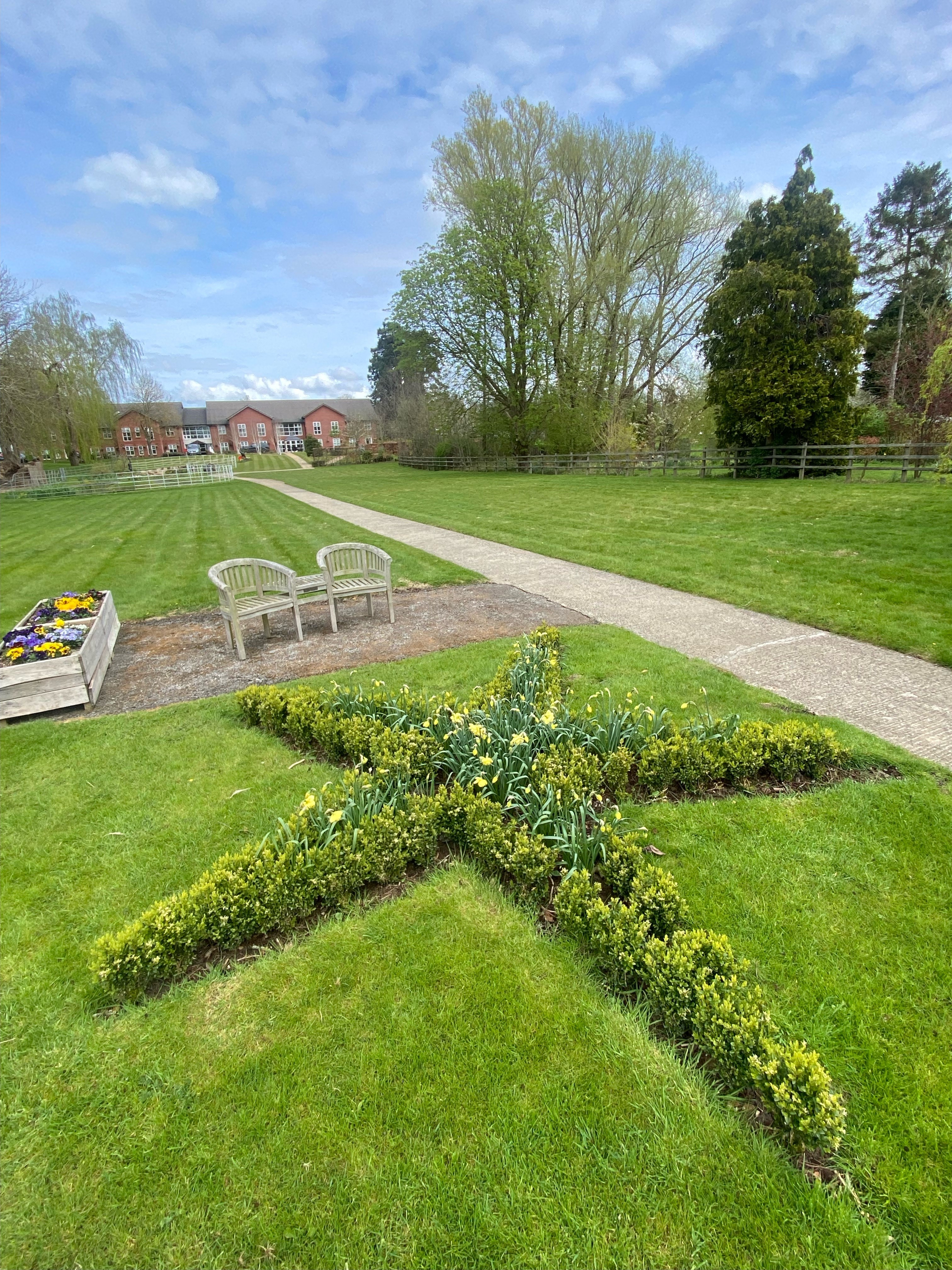A recent article was published in Care Home Professional – an industry leading publication.
Having sat through a number of sessions delivered by the awesome Neil Eastwood in my seven years in social care, I was a massive convert to his advocacy of VBR, Values Based Recruitment. The joy about values-based recruitment means you truly find the people that want to deliver care in line with your services mission, vision, and values. The core premise means that you might find the right person without the right experience. That’s where your all-important training and onboarding programme comes in. Knowing the importance of Health and Social Care Act 2008 (Regulated Activities) Regulations 2014: regulation 18, I spent time reflecting on how to service this effectively in and out of the pandemic.
As an independent family-owned care home, pre pandemic, we developed a three-week classroom-based learning programme with on the floor shadowing and competency review, which worked very for us It meant that only 100% trained and certified team members worked with residents, and we felt assured they were prepared and ready to support the service as needed. We staged 6 annual start dates and recruited to those, meaning we had cohorts joining at the same time. This allowed us the opportunity to facilitate retraining too on a set programme for any team members that needed an update for both mandatory and operational/quality requirements. We used a mix of in-house trainers as well as external specialists to make sure these training sessions were specialist and engaging.
We wanted to desperately get away from trainers with no experience in the field they were speaking about delivering a dull PowerPoint! We have seen this here in the past, and still see this being sold to providers up and down the country.
During the pandemic we had no choice but to change… Class based learning was not possible and online learning was in, we did not want to fall out line of the regs and the statutory training requirements or miss any of the additional sessions we would normally deliver. We certainly were not going to have a training matrix full of expired training… so, we went with the quick, accessible, and immediate options. This meant we were compliant, and the team were at a base line. We used our in-house trainers to then create a more intensive set of observation supervisions and competency reviews to ensure each member of the team was signed off per training both from an educational assessment and operational point of view. With the end of pandemic in sight, what does this mean for the future, are the old ways gone? Is E-learning the way forward.
We’ve opted for a highbred future… we propose to send the new recruits the E-learning modules for completion prior to their first day onsite, where they will receive in depth and detailed service specific training statutory and enhanced complemented with competency reviews and supervision sign offs. We also spread our training provision far and wide and make sure to include our ancillary teams in almost all the enhanced training. They are as much a part of resident experiences so want to know they understand and are as equally trained as our more direct care givers. The method allows us to re establish our vision and values, ensuring our team members from all over the home know why and how we deliver care “The Close Way”. Classroom based training, has also been replaced in certain examples by working lunches and short round table sessions. We are used to this and can imagine this in for the C suite and executives in head office though found great traction, and engagement from our team. We found these new format sessions work well for things where discussion and peer to peer learning are as valuable as presentations – DE&I being a prime example.
Right now.. the main questions to ask yourself, is the training we provide fit for purpose? does it engage and excite the team to provide the best care possible? Does the training session show the team the respect in them as care professional s or it patronising and me motivating? And, most importantly can it support someone new to social care to work with their colleagues with confidence in their own skills and abilities and to challenge others to improve theirs?






